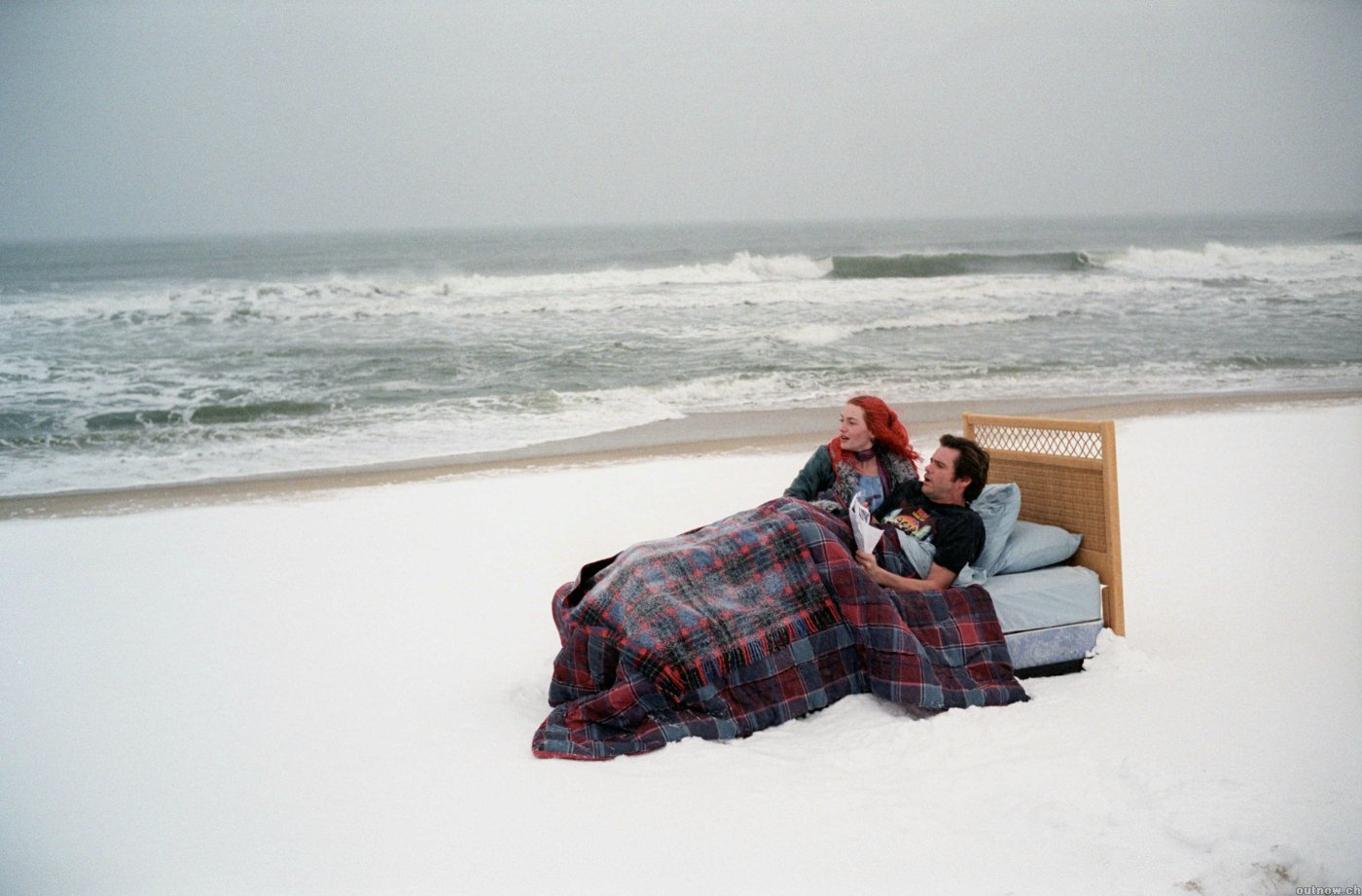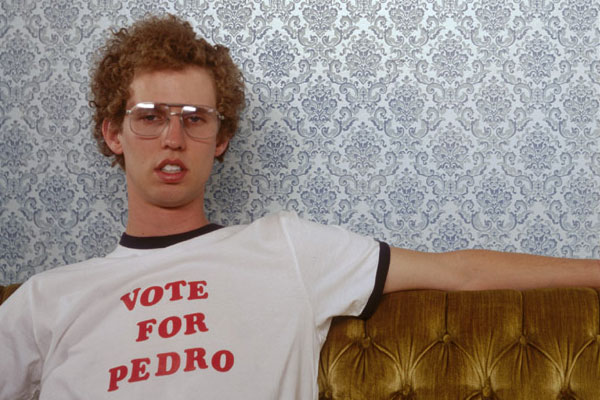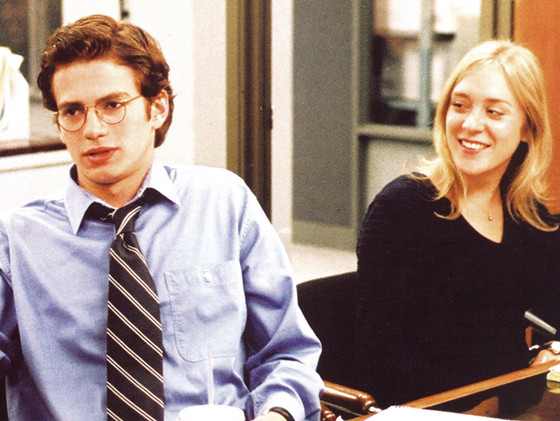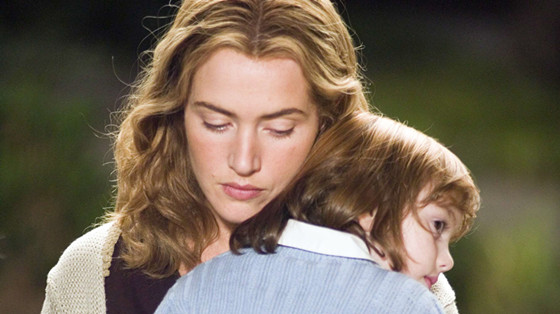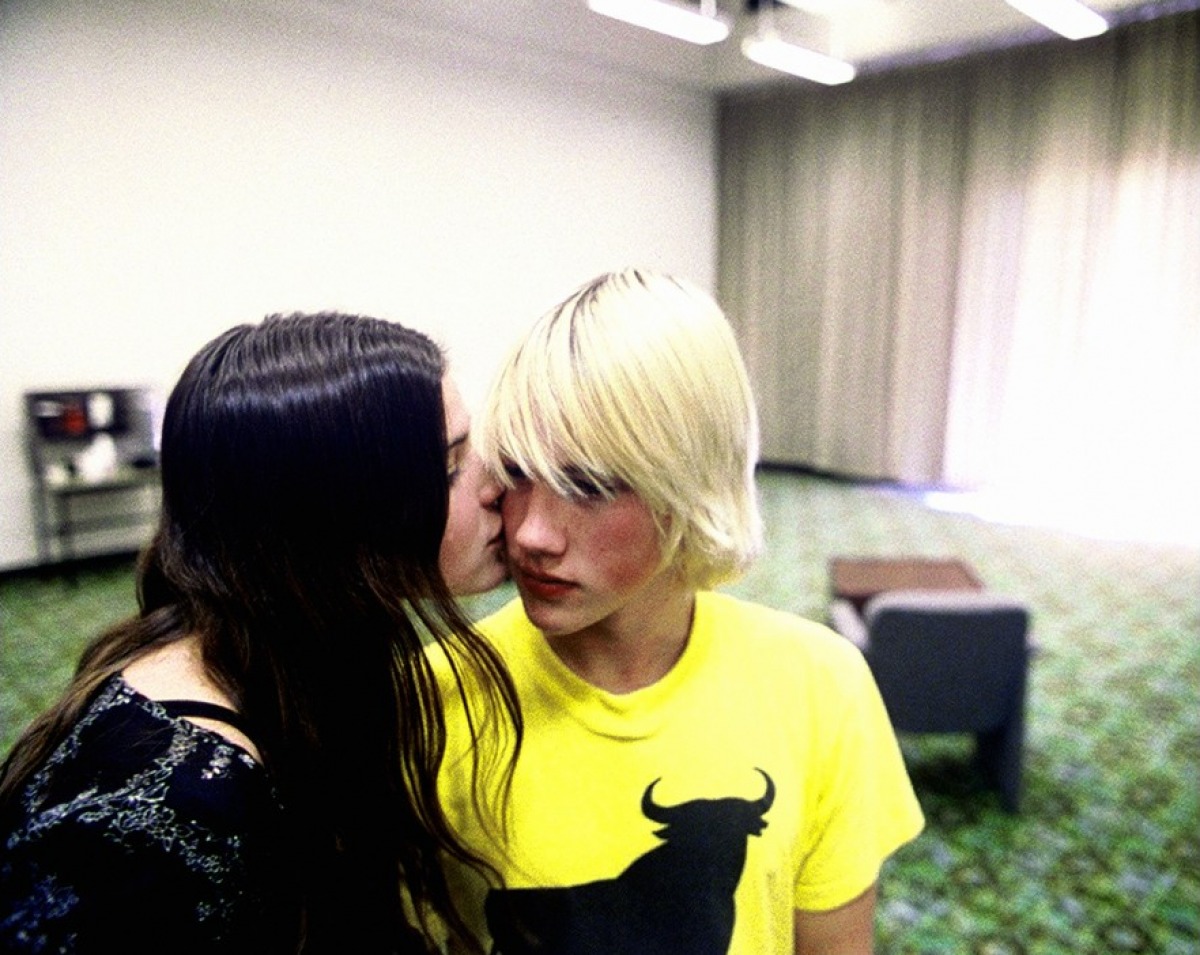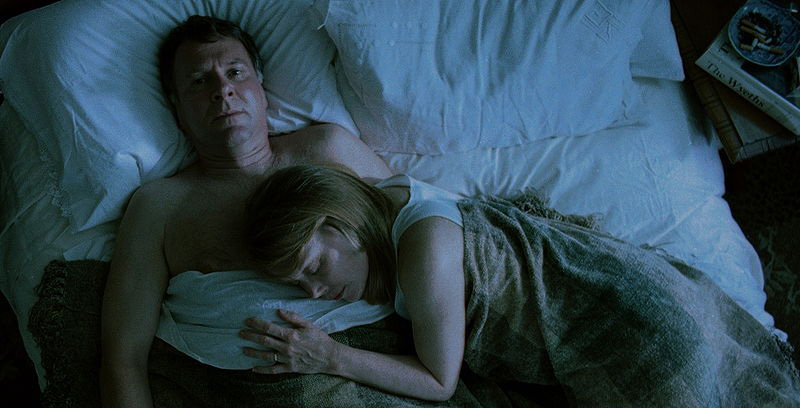The 2000s was the best of times for indie, and it was the worst of times for indie. It was the dawn of cinema’s second millenium, a clean slate for a new century of cinematic art. However, it was not all good news for indie cinema. On one hand, following the indie renaissance of the 1990s, there was certainly more of a return to big studio films in the 2000s.
Furthermore, the rise of Judd Apatow, found footage, and other such phenomena dragged indie increasingly in a direction that certain cineastes may not have seen as satisfactory. The 2000s also did not see the birth of as many new film voices as the 1990s, a decade which seemed to announce dozens of fresh faces to the scene.
Yet, there was a silver lining as the decade seemed to consistently produce challenging and insightful work. Each of the ten years represented by this decade provide a potential wealth of quality independent cinema. Alfonso Cuaron, Darren Aronofsky, and Todd Field, and David Green were all uncovered in this decade.
Distinct, too, were the notable returns to form from veterans like Clint Eastwood and Sidney Lumet, who among others found a new voice in this decade. Naturally, the decade also saw a considerable comeback for a certain Mr. Tarantino in 2003.
In the end, an era’s legacy can be defined by those who took the risks, had the insight, and gave the audience respect. As such, there were copious moments like this in the 2000s, the first cinematic decade of a new century.
20. Napoleon Dynamite (2004)
Perhaps, all told, this is the archetype 2000s indie flick. Premiered at Sundance to instant cult appeal, this divisive opus has immortalised the slogan “Vote Pedro” into the popular lexicon.
Though a bit tiresome for some viewers, ironic humour enthusiasts continue to be driven towards the film in droves. Its plot, centering around the titular character’s attempts to get his pal and fellow oddball Pedro elected student buddy president is incidental, this film is simply an excuse to be introduced to an outlandish cast of characters, each relishing their ample opportunity for bizarre antics.
Jon Heder’s performance is seen as being every bit as divisive as the film itself, but none can say that his portrayal hasn’t etched its way into cult hero. The key seems to lie in Heder’s ability to straddle the line between surrealism and reality, making Napoleon oddly relatable. Through double entendres, awkward silences, and a now infamous dance scene, we stick with him as he makes humanity appear from out of the bizarre. This is an odd way to pose humanist questions.
19. Shattered Glass (2003)
If you are unconvinced about the acting ability of Hayden Christensen, you should watch his lead performance in this largely underexposed 2003 film. Christensen’s portrayal of Stephen Glass anchors the film and represents as a comprehensive study of the unreliable narrator device as one is likely to see in cinema.
The film chronicles the true story of a journalist who rose to prominence with publications such as Rolling Stone, only to have his career ruined by allegations of false reporting. Glass’ delusion is played with considerable emotive charge, with Christensen exuding both confidence and vulnerability in equal measure, making Glass’ story a cautionary tale of ambition gone awry.
The film is framed by an interesting storytelling device in which Glass is telling his story to a high school class. Impressive too are turns by Chloe Sevigny as a peer taken in by Glass and Peter Sarsgaard as an editor who sees trouble in Glass from the onset. This film has the capacity to both entertain you as you watch it and linger in the consciousness long afterwards. As such, it is very telling of the appeal of the modern indie film in general.
18. Little Children (2006)
A dark, murky assessment of modern suburbia coming apart at the seems, Little Children is one of the darkest films to appear on this list. From Jackie Earl Haley’s pedaphile, to the unfulfilled husband Brad, to Noah Emmerich’s neighbourhood buddy Larry, these are characters that one must certainly feel sympathy for in spite of considerable flaws.
An ensemble movie with a kind of omniscient narrator, life’s conventions are presented here as conservative estimates discussed by town elders at book clubs; they are there to be shunned at will. With a female workaholic played by Jennifer Connolly, and a semi-likeable pedaphile, there are many conventions being turned on their head in a film which settles into a rich character prose early.
It is all very formal stylistically, but there is heart too. Patrick Wilson and Kate Winslet have chemistry as two locals brought together by sheer despondence towards the system, and united in an intimate affair. This is the kind of film that Douglas Sirk would make, one of people trying to live in spite of their lifestyles clashing with traditional America. Out of its time? Perhaps. But, like the films of Sirk, the characters may have you engrossed quickly. However, let the viewer be wary; there are many shocks.
17. Elephant (2003)
As narratively loose and structurally divisive as any film ever made, let alone to win the Palme D’Or, Gus Van Sant’s 2003 film is either his masterpiece or utter trash, depending on whom you ask. Based on the massacre at Columbine High School in 1999, this film is far from what one might expect, given the subject matter.
Firstly, it centers on no protagonist, instead the camera wanders from one student to another in a dreamy haze. Furthermore, the shooting only takes up a small part of the film. The rest consists of diatribes on weight loss, gay culture, drunk Dads, romantic yearnings, and dark rooms- in other words: high school.
The film finds poetry in the banal rather than finding a plot. Both the victims and the shooters are frequently given time to breath (or, as the case may be, die) independently of any narrative conventions.
A Beethoven operatic swell over a school football game, a woman wandering across a gym is given a jarring abundance screen time, as is a jock as he stroll casually through his school corridors. Van Sant’s high school as opera ideal may divide viewers, but it is gripping when it wishes to be.
16. In the Bedroom (2001)
Another suburban tragedy from Todd Field, another indie hit. This time out, we have a tale best described by its fans as a story of escalating serendipity.
The film is also a worthy entry into the unlikely vigilante canon, as murder and revenge abounds in what initially appears like it may be simply a kitchen sink melodrama. The fact that the vigilante element gels admirably with the romantic elements owes credit to both the script and the tactful storytelling of Todd Field, as well as a tremendous ensemble cast that include Sissy Spacek, Marisa Tomei, Nick Stahl, and Tom Wilkinson.
The story of a young man who begins a romance with an older woman and a middle aged man who seeks vengeance for his murdered son is told in a realist vein, but the stylistic flourishes are present also.
The photography is quite breathtaking, and there are fascinating editing techniques at display such as the match cut and montage rhythms to please the purist. Most importantly for the films devotees, the final scene is left open to moral assessment. The viewer is left to decide whether or not anybody’s actions were truly justified.
15. Adaptation (2002)
This film is a curious, era transcending, meta-fiction puzzle that nonetheless charms and oozes both the best and worst of the human condition. In the film, Charlie Kaufman writes himself into the lead role (albeit portrayed by Nicolas Cage).
The plot finds Charlie in the wake of writing Being John Malkovich, but still plagued by doubt and writer’s block. As he tries to adhere to his artistic principles whilst adapting a book on horticulture, he learns that his oafish brother Donald has found ironically success with his seemingly hack screenplay. Murder, sex, lies, and condescension ensues.
The chemistry between Meryl Streep and Chris Cooper is magnetic, as is the performance of Cara Seymour as Amelia, but the film’s true chemistry lies with Nicolas Cage playing the opposite of himself.
Loveable simpleton Donald and neurotic Charlie are polar opposites, but the affection between them bubbles to the surface by the end and strengthens the film’s occasional montage experimentation. The film’s originality and visual splendor may lure its fans at the onset but, by the end, the film’s empathy may be its abiding characteristic.
